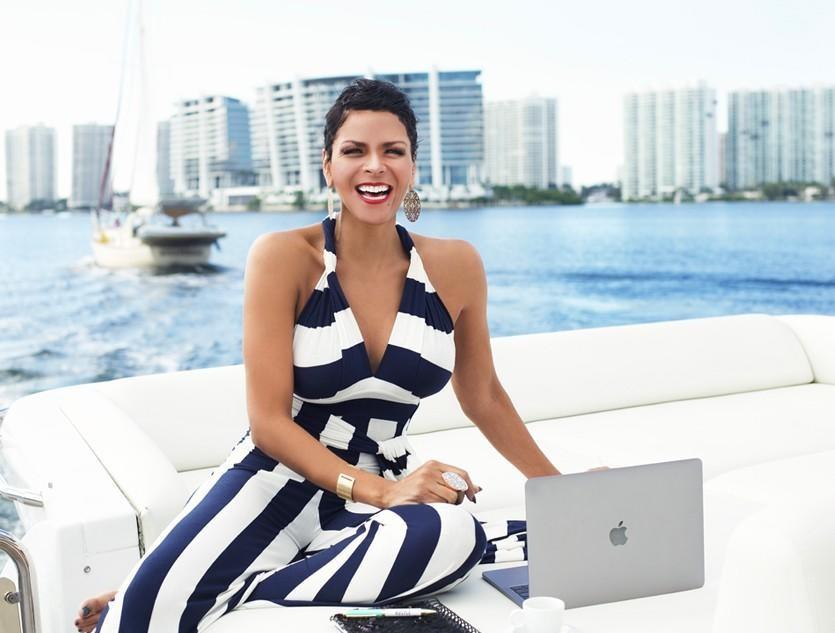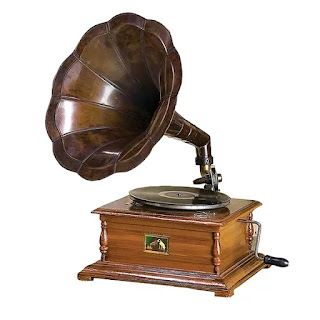I've had an online presence for as long as I can remember. I grew up with social media and, thus, it has always been a large part of my life. I have accounts on various social media sites ranging anywhere from YouTube to Instagram to Tik Tok to Pinterest to LinkedIn. Each platform has its own purpose, but sometimes it's not always used in the way it was intended to which has, in turn, caused a lot of negative effects on the younger generation.
I love social media for the most part. It has allowed me to keep in contact with both middle school and high school friends. I love being able to see what people are up to that I don't live close to anymore. I'm a really big fan of animals so I follow so many random animal accounts because they make me smile. A few of my favorite animal accounts on Instagram are gilbertopossum, sweetbarkss, and simplystainedshop. Overall, social media brings me a lot of joy. It makes me so happy to come back to my room after a long, stressful day and just watch some funny videos to get my mind off of it. Social media has also allowed for me to connect with new people as well as find new interests. For example, before I got on Tik Tok, I never really cooked, but now it has become something that I really enjoy and want to learn more about.
Here are some of the types of cute puppies I like to look at. Hopefully, it brightens your day as well!
For the most part, social media has been really good for me. It has been there for me during some very dark times. Although it's been good for me, it's not always good for me. Sometimes it's hard for me to separate someone's online presence from who they are in real life. We are all taught to believe what we see even though we know that not everything you see online is accurate. I find myself comparing myself to lots of other girls on social media. I know this isn't a special thing; so many girls experience this too. This comparison is taught to young girls through the news media, social media, magazines, etc. To get this out of my head, I try to only follow accounts that make me happy or motivate me and unfollow the ones that made me feel negatively about myself.
I'm not the most extroverted person; in fact, I can be quite shy and reserved which can make it kind of hard to make good friends. When I decided I was going to be attending High Point University, I knew I was going into a school not knowing a single person which made me realize that any scholarship weekend or orientation would be crucial in making initial connections. When I was at the Presidential Scholars Weekend, I met a girl named Maeve almost immediately. She seemed very nice and working hard seemed to be a priority in both of our lives. Unfortunately, we were separated due to the assigned schedules they had given us and I didn't see her again for the whole weekend. I knew I had to find her on social media, and that's what I did. I found her account on Instagram and we've been friends ever since! Below are a few pictures Maeve and I took the other day in front of the library.
One of the best things social media has ever done for me was connect me with my boyfriend, Tony. During my freshman year of college, I began to grow discourage because I had never been in a relationship before. I never had many guy friends which is so strange to me since I am a major sports and action movie fan. Anyways, my friends convinced me to download the dating app called Bumble which was where they had been meeting guys. I hadn't even had the app a month when Tony and I matched. We met in person five days after we had begun talking and hit it off. After four months of dating, he left for an eight month deployment to Iraq and Kuwait. We've been dating for over a year now (it'll be a year and a half in July). I am so thankful for social media allowing me to find my best friend, because, without it, we never would have met. Below are some pictures of my trip to visit him while he was on leave back in Pennsylvania during my spring break.
Social media isn't just a good or bad thing. It's both. It's been both a good and bad thing for me and I know it has been for countless others. Although social media has its downfalls, to me, it's worth it. The connections I've made and experiences I've had because of social media have made such an impact on my life that I can't imagine who I would be without it. Do I, along with most other people my age, have a social media addiction? Probably. But, I think it's better that I understand that and do what I can to make my experience using social media as positive as possible like it should be.































